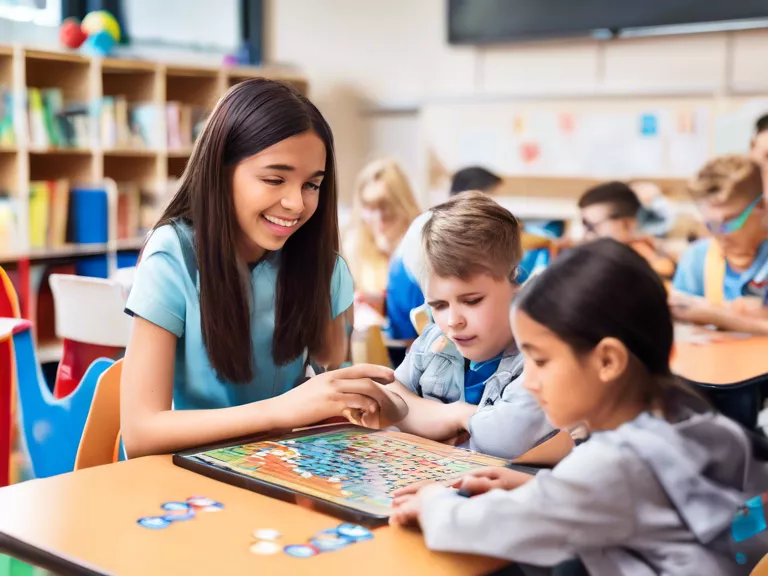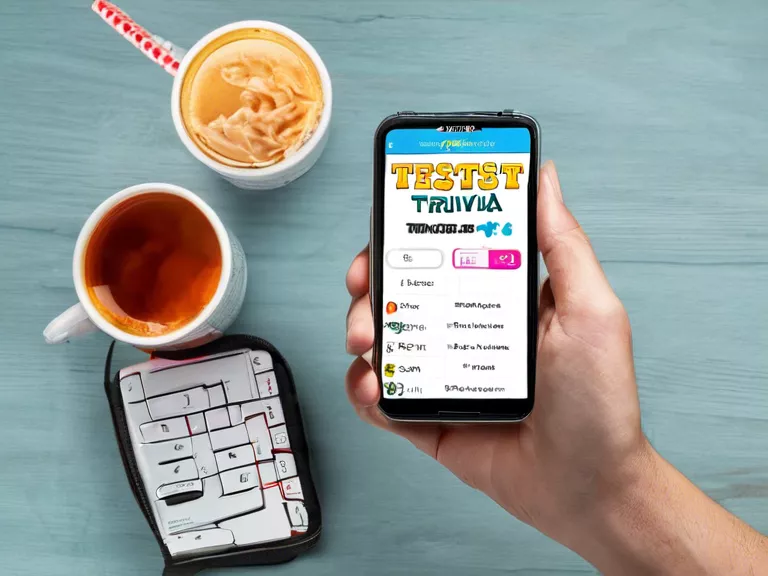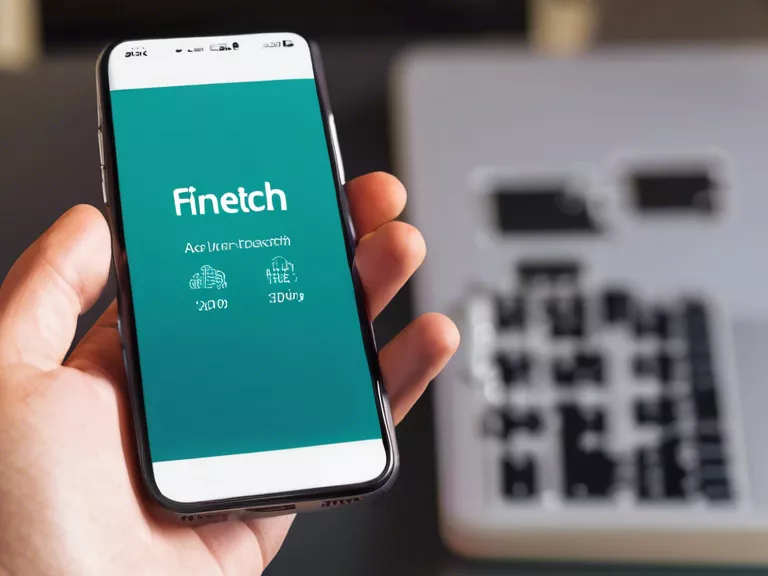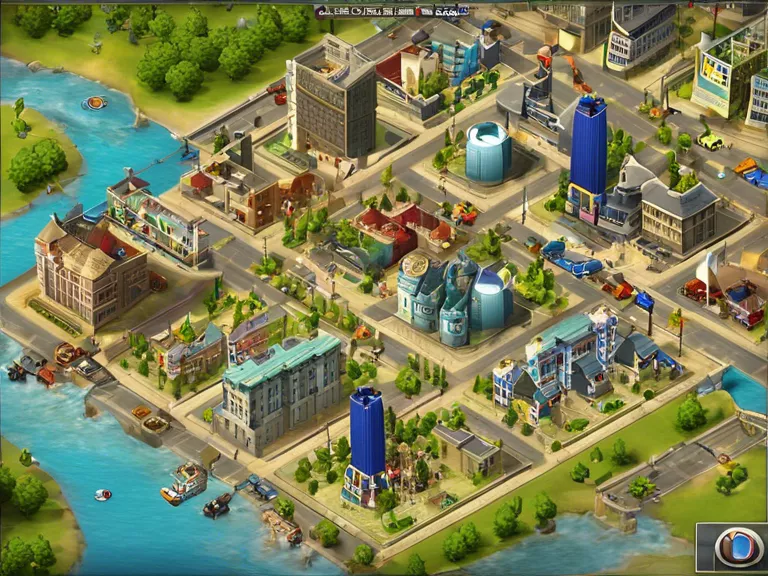
Gamification is revolutionizing the way we learn and educate by incorporating gaming elements into traditional educational settings. This innovative approach is transforming the education landscape and leading to more engaging and effective learning experiences for students of all ages. From elementary school classrooms to corporate training programs, gamification is proving to be a powerful tool for enhancing motivation, participation, and knowledge retention. In this article, we will explore how gamification is shaping the future of education and learning.
One of the key ways in which gamification is transforming education is by making learning more interactive and enjoyable. By incorporating game mechanics such as rewards, badges, and leaderboards into educational activities, students are motivated to actively engage with the material and strive to achieve meaningful goals. This element of competition and accomplishment drives student motivation and encourages them to take ownership of their learning journey.
Additionally, gamification allows for personalized learning experiences, catering to individual student needs and preferences. Through the use of adaptive learning technologies, educators can create customized learning paths for students based on their strengths and weaknesses. This level of personalization ensures that each student receives the support and challenges they need to succeed, leading to improved learning outcomes.
Furthermore, gamification promotes collaboration and teamwork among students, fostering a sense of community and camaraderie. By incorporating cooperative gameplay and social features into educational activities, students can work together to achieve common goals and solve problems collectively. This collaborative aspect of gamification not only enhances social skills but also prepares students for the collaborative nature of the modern workplace.
In conclusion, gamification is reshaping the way we approach education and learning by making it more engaging, interactive, and effective. By leveraging game elements to enhance motivation, personalization, and collaboration, educators can create dynamic and immersive learning experiences that empower students to reach their full potential. As the demand for innovative and impactful learning solutions continues to grow, gamification will undoubtedly play a crucial role in shaping the future of education.



